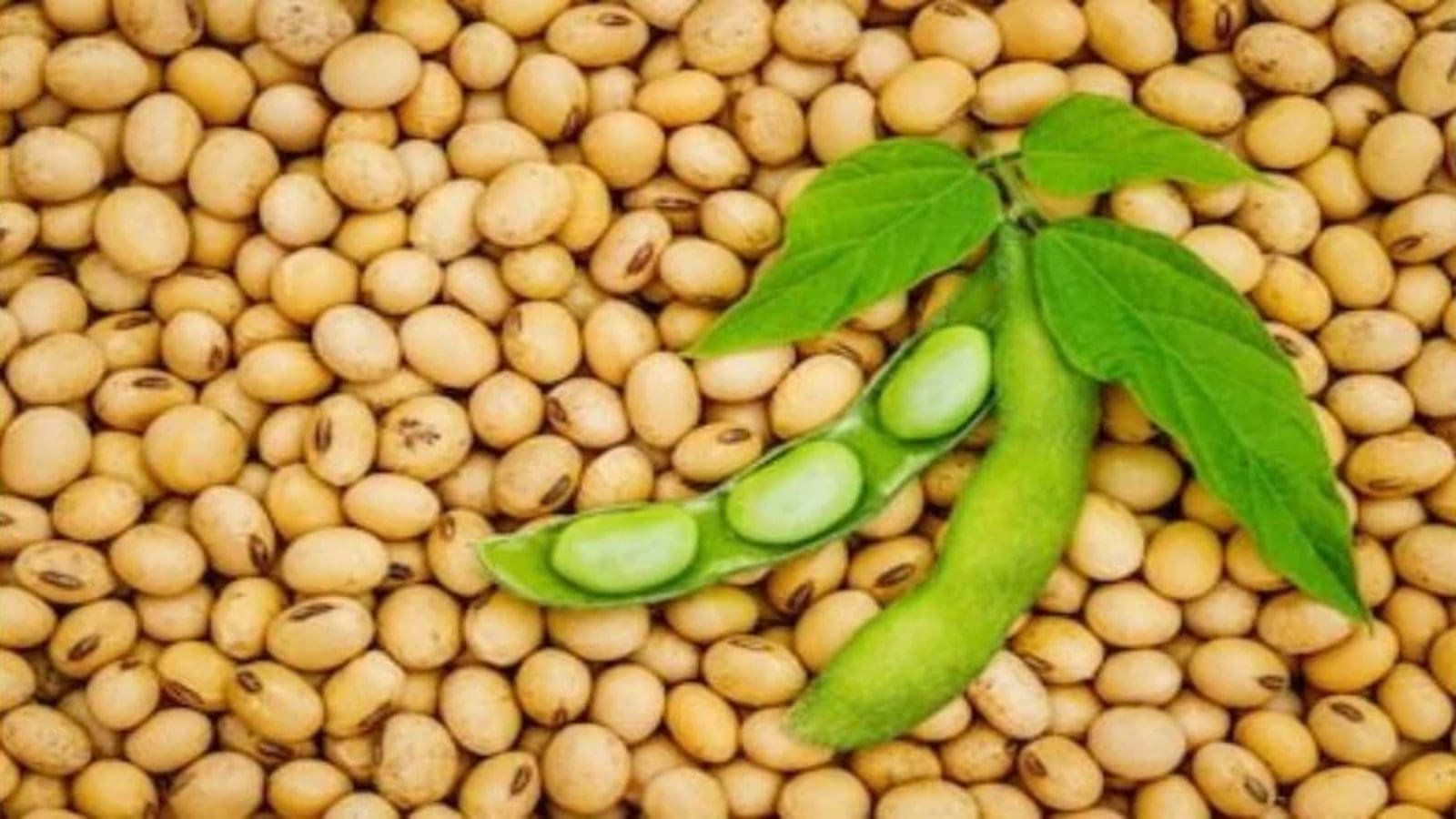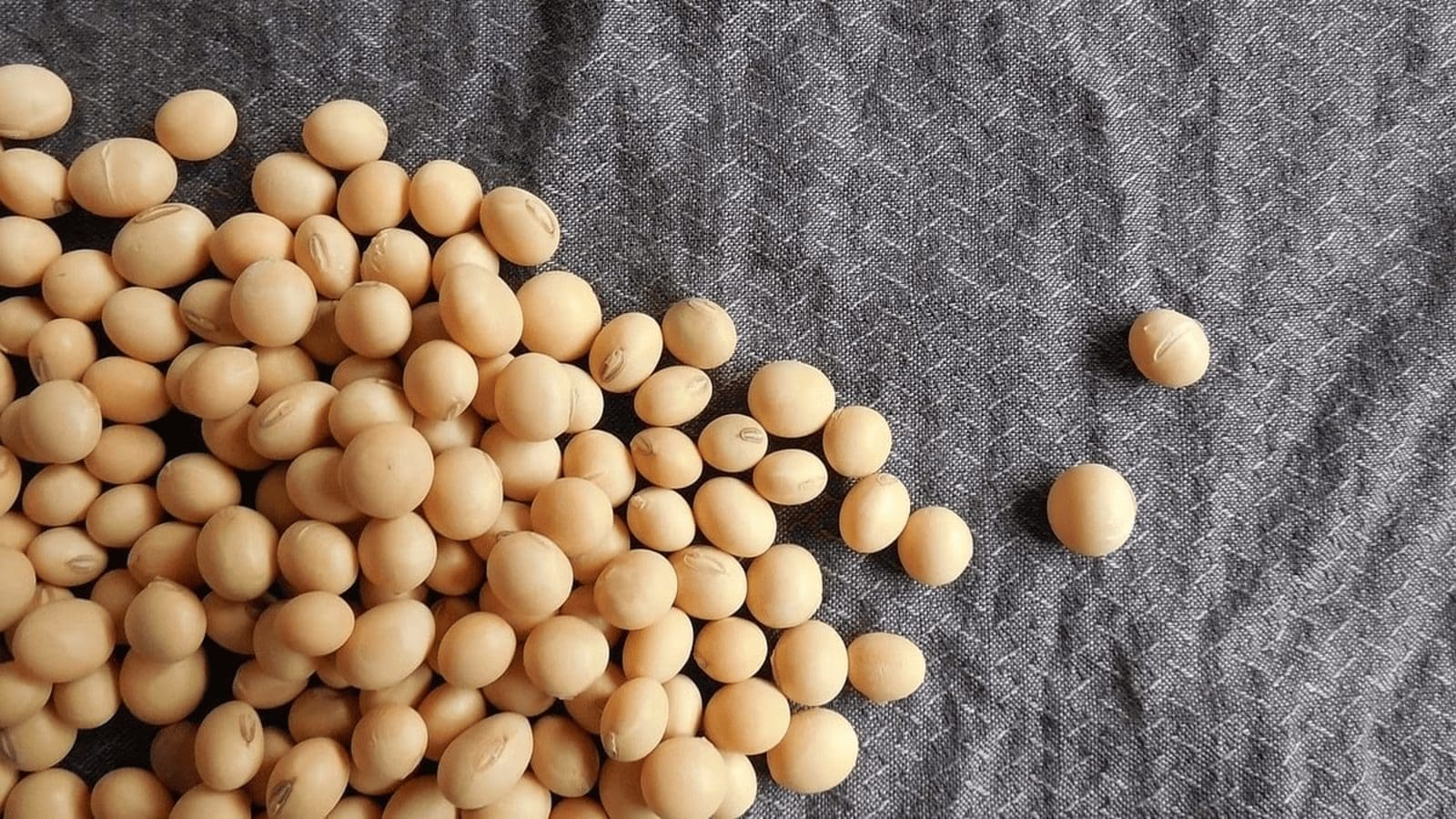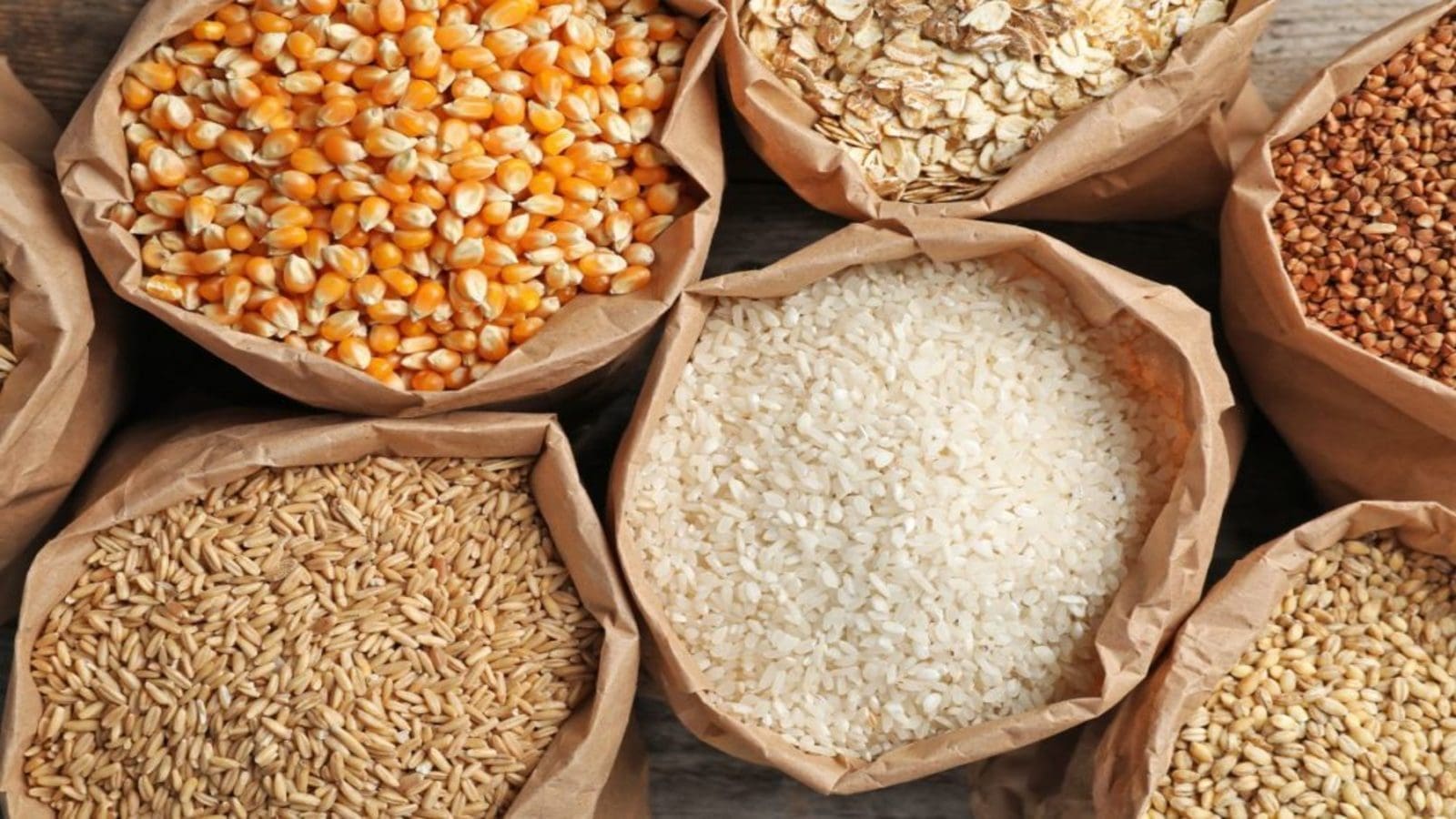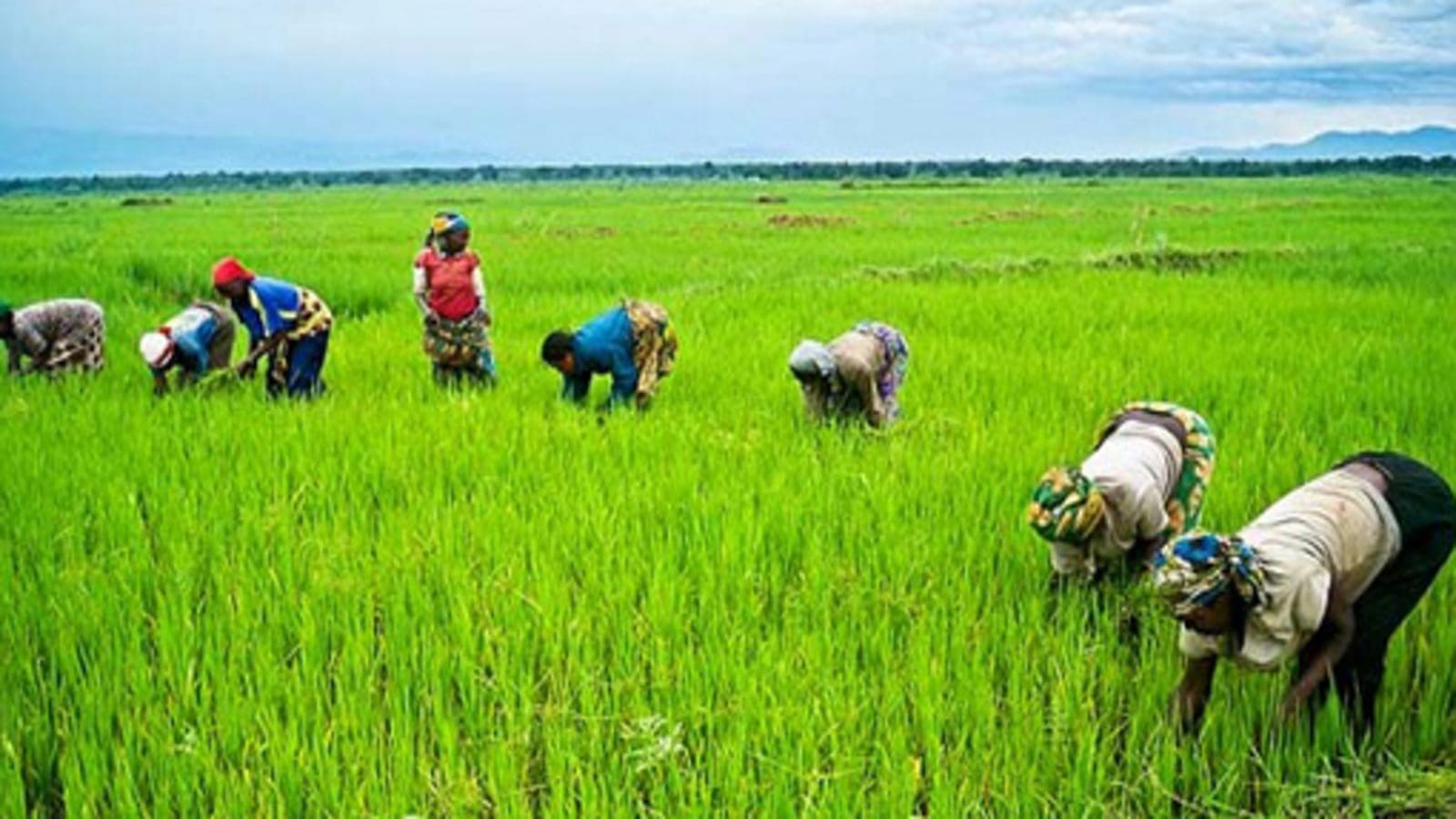GHANA – The government of Ghana is investing US$108 million over the next 5 years to drive self-sufficiency in soybean production for the domestic market and increase competitiveness in the value chain.
Robert Ankobia, the Director General at the Ministry of Food and Agriculture, made the revalation in an interview with local daily Business and Financial Times (B&FT).
According to Ankobia, the investment boost is aimed at improving soybean production/best practices, as well as developing the grain’s value chain to curb post-harvest losses by 2028.
The initiative comes at a time when the country is working towards boosting local production to offset import bills on food commodities, currently estimated at US$10 billion annually.
Ghana has identified oilseeds as strategic crops. More focus has been put on soybean which is mainly used as a raw material by the animal feed industry and accounts for about 84% of domestic demand according to USDA data.
Showing optimism, Ankobia said that this investment plan is envisioned to triple the local supply of certified soybean seeds to 50,000 tons against a current level of 17,500 tons per year and increase the sown area of the oilseed by an additional 50,000 hectares
It is also anticipated that soybean cultivation will increase from the current 218,000 tonnes per year to 400,000 metric tonnes annually, and contribute to a yield upsurge of 40 percent after the investment.
Ankobia unveiled that the initiative is part of the resolutions taken by the country during the second edition of the African Summit on Food Sovereignty (Dakar 2 Summit) which was held in Dakar from 25 to 27 January.
In detail, US$ 21 million of the amount will be expended on research and development programs to develop early-maturing, high-yielding soybean varieties; high pod clearance varieties for mechanization; and maintenance-breeding of existing varieties.
US$63 million will go into land development programs for soybean production, with a special focus on new land for rain-fed soybean market-oriented production.
Meanwhile, Ankobia said that the remaining amount will be used to finance programs aimed at reducing post-harvest losses which is a key part of the government’s Agriculture Mechanisation Service Centres’ (AMSEC) strategy.
He further revealed that overall, the compact focuses on production, expansion, and loss-reduction in the country’s food value chain
For all the latest grains industry news from Africa, the Middle East and the World, subscribe to our weekly NEWSLETTERS, follow us on LinkedIn and subscribe to our YouTube channel










